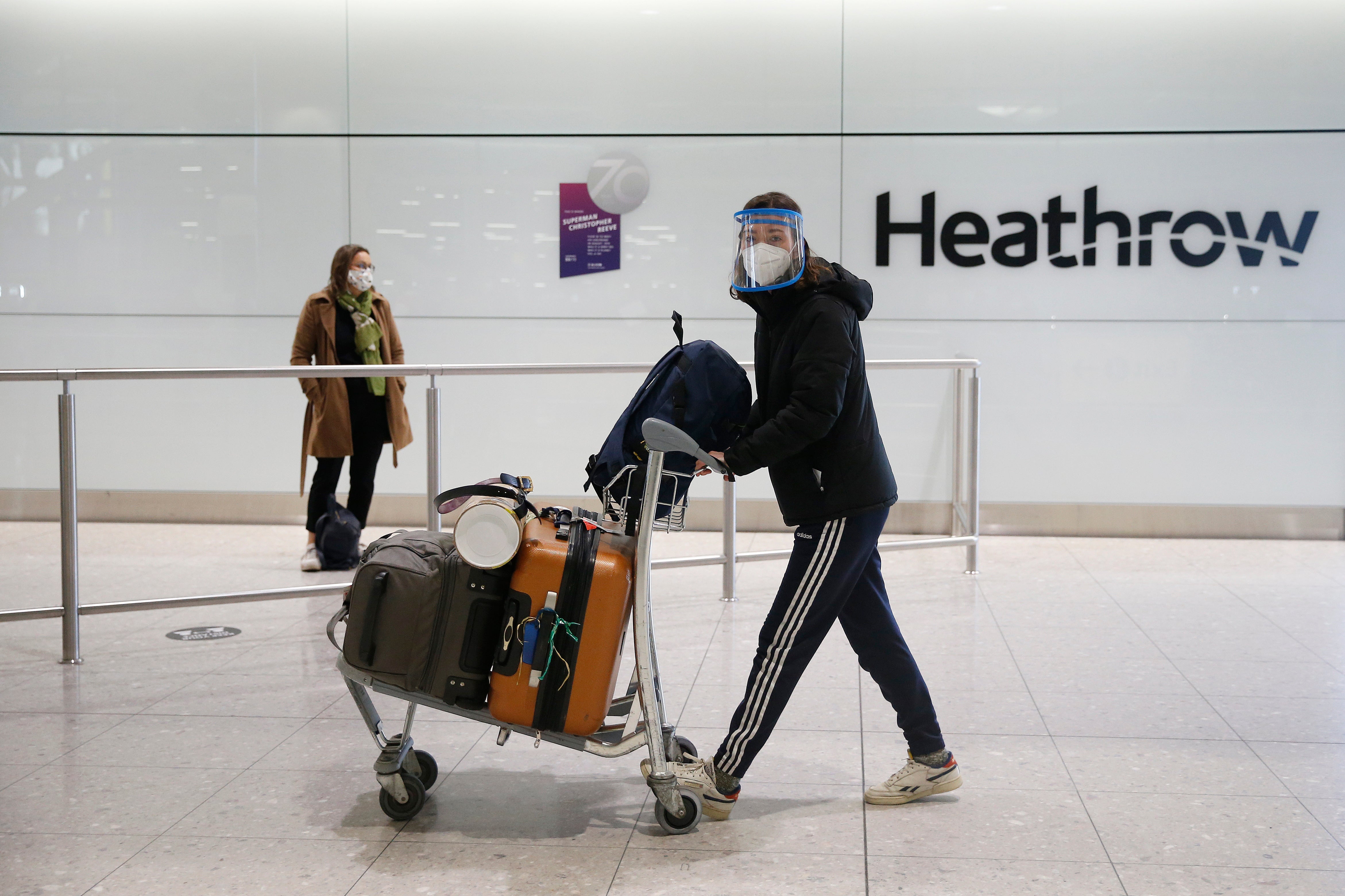The call by the All-Party Parliamentary Group on Coronavirus for the government to discourage foreign holidays this summer is a timely reminder that there is still some work ahead before we can be confident that victory over Covid-19 can safely be declared.
The group of more than 60 MPs and peers makes a number of cautionary points. It warns of the danger from overcrowding at airports, saying that arrival halls have become “breeding grounds” for the virus. It criticises the way in which people arriving from “red” countries mingle with those from “amber” and “green” ones. And it warns of fake test certificates, sometimes picked up because of spelling mistakes.
It concludes that the current travel ban, which is due to end for England on 17 May, should continue with a review every three months. That would rule out holidays abroad until the middle of August at the earliest. The wariness is helpful, given the government’s uneven response to the pandemic.
Out on the campaign trail in Hartlepool on Monday, the prime minister also struck a cautious tone. “We do want to do some opening up on 17 May,” Boris Johnson said. “But I don’t think that the people of this country want to see an influx of disease from anywhere else – I certainly don’t.
“We’ve got to be cautious and we’ve got to be sensible and we’ve got to make sure that we don’t see the virus coming back in,” he said, adding that the government will be “saying more as soon as we can” over the status of holiday bookings.
The government has to think carefully over the reintroduction of foreign travel, for a number of reasons. The first is economic. Another all-party parliamentary group, on the future of aviation, takes a quite different view – as you might expect. Its chair, Henry Smith MP, said it was “essential that the government deliver on the commitment to safely reopen travel on 17 May. Any failure to do so would likely be the final damaging blow to the businesses, communities and employees who rely on our vibrant aviation sector.”
The second reason for concern is public feeling. It is true that no one “needs” a foreign holiday and there are some associated dangers of bringing back new strains of the virus if people travel abroad. It is true too that the government has an overriding duty of care for citizens. But ministers must operate within socially accepted norms and one of those norms is freedom of movement. The issue of what is exceptional must be based on evidence, but it must also be based on common sense.
The UK population has shown great common sense and social responsibility in accepting vaccination. It is reasonable for people to expect a similar common-sense approach from their elected representatives.
The third reason is practical. The European Union is planning to reopen its borders for vaccinated travellers from the start of June. Full details have yet to emerge but Ursula von der Leyen has confirmed that the plan will be launched shortly. She tweeted: “We propose to welcome again vaccinated visitors & those from countries with a good health situation.”
If other countries open up then it will become impossible to sustain political support for a clampdown. If vaccinated Germans are allowed to go to Spain for their summer holiday it would be very hard to argue that vaccinated Britons should not be permitted a similar opportunity.
There are many hurdles to be overcome. These include making sure that airports manage passenger flows in an orderly manner. If there are sudden outbreaks of new variants of the virus, these must be identified and tackled – and, if necessary, travel restrictions should be swiftly reintroduced.
MPs are right to warn of the possible dangers of reopening international travel. It is up to the government to now ensure the public can face the easing of restrictions with confidence.




Join our commenting forum
Join thought-provoking conversations, follow other Independent readers and see their replies
Comments